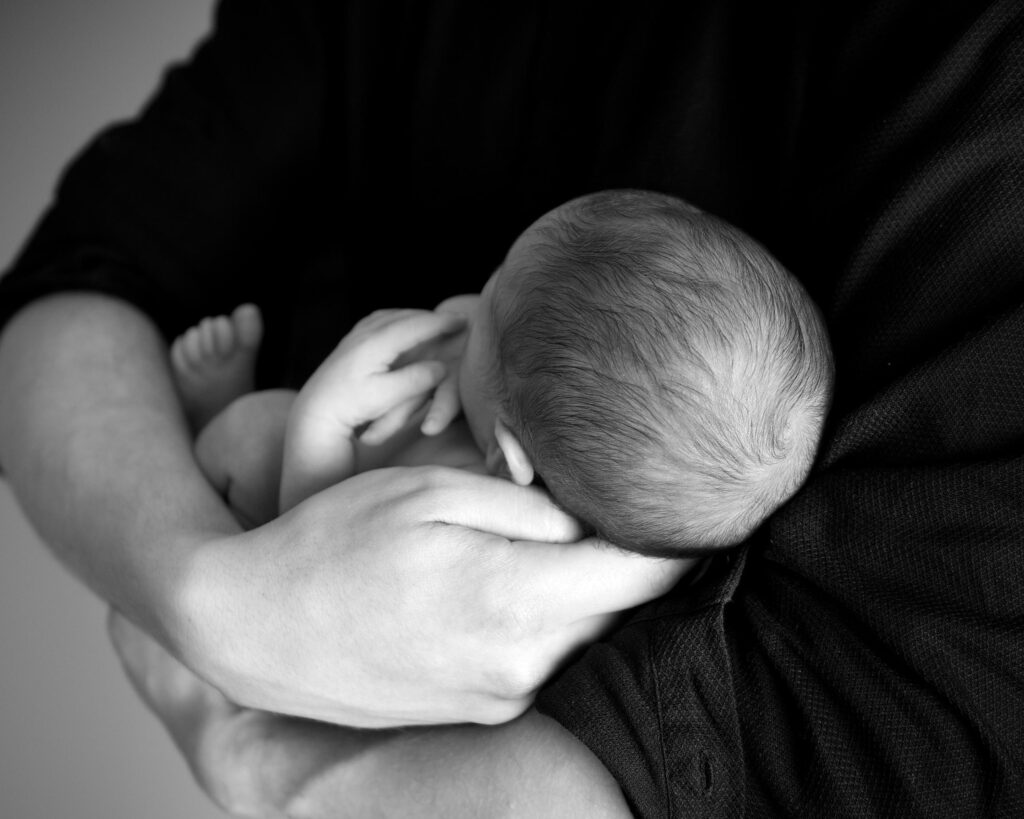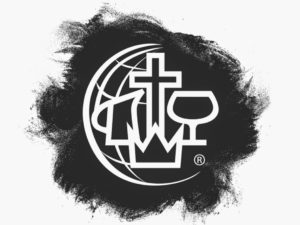Margins of Miraculous: Midwives to the Hebrews by Shawn Blythe
 We often encounter Biblical characters at a crossroads, brought to our attention at a pivotal moment in which they either rise to God’s calling or fall to their own misgivings and fears. These crossroads raise questions regarding the “right” decision or why we are in this situation at all. I am often reminded of Mordecai’s advice to Queen Esther (Esther 4) when she struggled to handle a difficult situation (paraphrased) “Perhaps you have been placed in this position for such a time as this?” Midwives Shiprah and Puah find themselves in just such a time when they are introduced in Exodus 1.
We often encounter Biblical characters at a crossroads, brought to our attention at a pivotal moment in which they either rise to God’s calling or fall to their own misgivings and fears. These crossroads raise questions regarding the “right” decision or why we are in this situation at all. I am often reminded of Mordecai’s advice to Queen Esther (Esther 4) when she struggled to handle a difficult situation (paraphrased) “Perhaps you have been placed in this position for such a time as this?” Midwives Shiprah and Puah find themselves in just such a time when they are introduced in Exodus 1.
The profession of midwives is mentioned or indirectly referenced a few times throughout the Bible, with no explanation of its origin or how one came to be a midwife. The position is first mentioned in Genesis 35, describing the comfort that the midwife provided during Rachel’s difficult delivery of Benjamin. It is mentioned again in Genesis 38 as the midwife tried to manage the identification of the first-born during Tamar’s delivery of twins. These passing references suggest the midwife’s role was common and well-understood, with no need for further explanation.
In contrast to these midwives whose decision-making was focused on a single pregnancy, Shiphrah and Puah, midwives to the Hebrews during the time of captivity in Egypt, were faced with a much greater decision. In fear of the growing Hebrew population within his borders, the King of Egypt ordered these midwives to kill all the male children upon birth.
Many have questioned the origins of these women (Hebrew or Egyptian?), their specific roles (were they actual midwives or supervisors of all the other midwives?), and even the depth of their theological understanding. But what we can’t question is their resulting action. Forced to choose between obedience to a direct order from the King and their desire to do what was right in the eyes of God, Shiphrah and Puah followed God’s leading.
Scripture does not dwell on the decision-making process, but one can imagine fervent discussions as Shiphrah and Puah weighed the potential consequences of disobeying the King—not only to themselves, but to their families, and to the other midwives and their families.
After making the decision and acting upon it, additional stress must have arisen from the subsequent summons to the king for some explanation as to their failure. The desperate search for a strategy that would placate the king sufficiently to spare their lives must have been a critical concern. The King’s question “Why did you let the boys live?” was direct and confrontational.
Unlike other Biblical episodes in which bold proclamations of God’s guidance were used as a defense, Shiphrah and Puah settled on a less dramatic, but apparently equally effective, route. They simply blamed the continued survival of Hebrew male children on the vitality of their mothers. In other words, it cannot be the midwives’ fault if Hebrew women give birth before the midwife can get there!
The impact of the midwives’ decision to let the male children live was extraordinary. Based upon Genesis 46, it is well understood that approximately 70 people (“Jacob and his descendants”) originally entered Egypt. Exodus 12 tells us that 430 years later 600,000 men left Egypt on foot when Moses led them out of bondage. The total number of men, women, and children is estimated to range from two to four million. What percentage owed their lives—either directly or indirectly—to the decision made by Shiphrah and Puah? Given that their actions occurred at least 80 years prior to the departure from Egypt, it is likely that each surviving male was responsible in part for three or four generations of Israelites marching through the Red Sea.
It is a pleasure to read this feel-good story and joyfully acknowledge how God saved a generation or even a nation—a nation that would ultimately become the source of our own salvation. The midwives and the Israelites received a happy ending. Exodus tells us that the midwives’ decision was rewarded with an even greater increase in Hebrew population and, more specifically, the blessing of families of their own.
But not all prayers are answered this way. In fact, the King of Egypt later took a different tack, ordering all newborn Hebrew males to be thrown into the Nile River. This time there would be no reprieve. Moses was spared (Exodus 2), but it is likely that most of the Hebrew male babies were not so fortunate. Were the prayers of their mothers any less passionate than those of Moses’ mother, or of the Hebrew mothers during the time of Shiphrah and Puah? Unlikely, yet there was a very different result.
This is a reminder that we are simply called to live our lives by faith, following God’s leading. Although we may never be in a position to make life and death decisions, daily we address the ramifications of living a life subject to God’s will, rather than our own. The results are outside of our control, with potentially far-reaching consequences. Perhaps they won’t affect a nation—but they may affect our families, co-workers, neighbors, or friends. In some cases, our choices may be rewarded, confirming our decision to do the right thing. Other times, they lead to outcomes far from our liking; when this occurs, we must also stand firm in our decision to do what is right.
Shiphrah and Puah had to make a difficult decision, and they rose to the occasion. Faced with our own dilemmas, we should be reminded, like Queen Esther (paraphrased from Esther 4): “Perhaps we have been placed in this position for such a time as this.”
Want to hear more about Shiphrah and Puah? The Christian Missionary Alliance has included these two midwives in the CMA Core Values video series, as an example of taking a “faith-filled risk.” Watch Faith Filled Risks now


